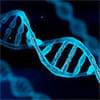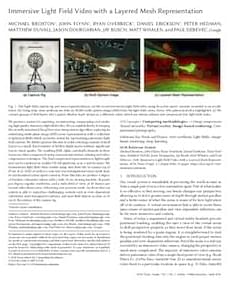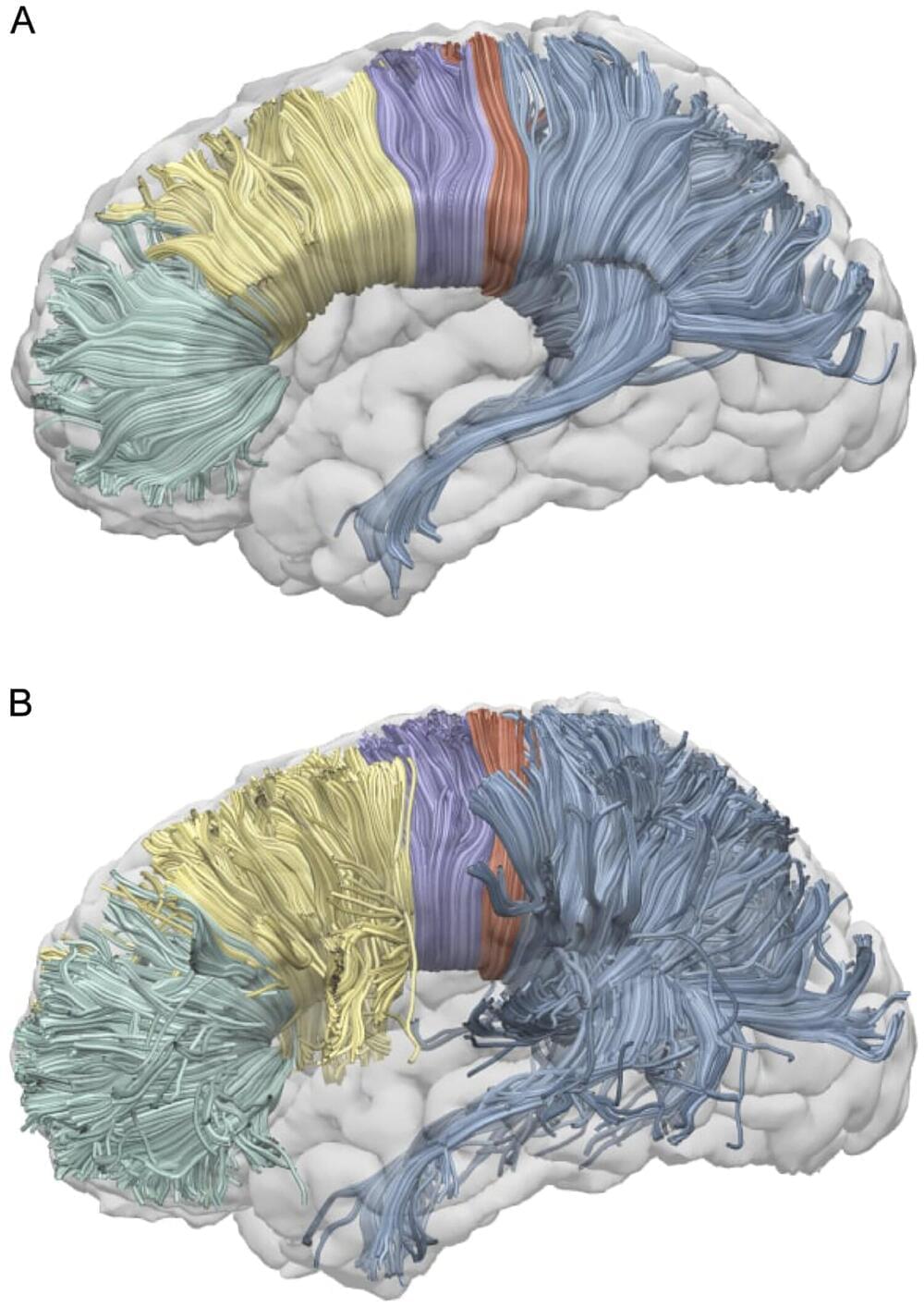The essence of the Turing Test revolves around whether a computer can successfully impersonate a human. The test is to be put into practice under a set of detailed conditions which rely on human judges being connected with test subjects (a computer and a person) solely via an instant messaging system or its equivalent. That is, the only information which will pass between the parties is text.
To pass the test, a computer would have to be capable of communicating via this medium at least as competently as a person. There is no restriction on the subject matter; anything within the scope of human experience in reality or imagination is fair game. This is a very broad canvas encompassing all of the possibilities of discussion about art, science, personal history, and social relationships. Exploring linkages between the realms is also fair game, allowing for unusual but illustrative analogies and metaphors. It is such a broad canvas, in my view, that it is impossible to foresee when, or even if, a machine intelligence will be able to paint a picture which can fool a human judge.
While it is possible to imagine a machine obtaining a perfect score on the SAT or winning Jeopardy—since these rely on retained facts and the ability to recall them—it seems far less possible that a machine can weave things together in new ways or to have true imagination in a way that matches everything people can do, especially if we have a full appreciation of the creativity people are capable of. This is often overlooked by those computer scientists who correctly point out that it is not impossible for computers to demonstrate creativity. Not impossible, yes. Likely enough to warrant belief in a computer can pass the Turing Test? In my opinion, no. Computers look relatively smarter in theory when those making the estimate judge people to be dumber and more limited than they are.





